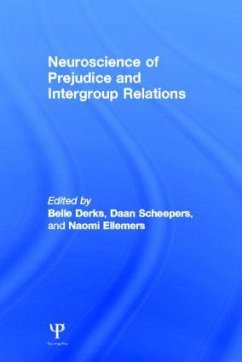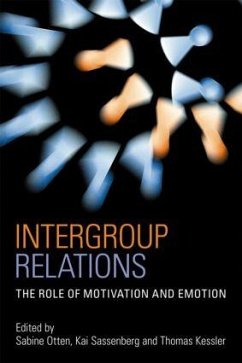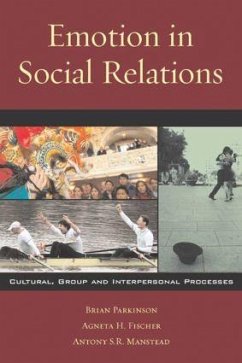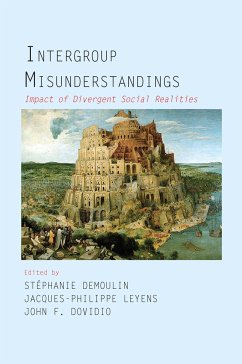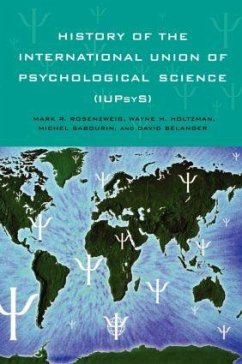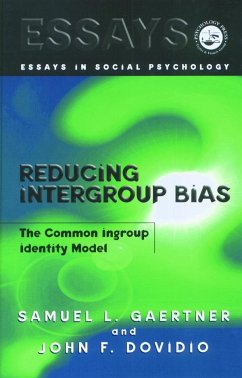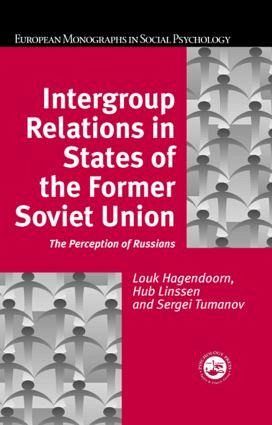
Intergroup Relations in States of the Former Soviet Union
The Perception of Russians
Herausgeber: Hagendoorn, Louk; Tumanov, Sergei; Linssen, Hub
Versandkostenfrei!
Versandfertig in 1-2 Wochen
171,99 €
inkl. MwSt.

PAYBACK Punkte
86 °P sammeln!
The disintegration of the Soviet Union in 1991 left 25 million Russians living outside the Russian Federation. This important new book explores their social identity, examining the mutually held perceptions, fears and resulting nationalism of both the ethnic Russians living outside the Russian Federation and the indigenous, or 'titular', populations they live amongst. Based on a unique study involving national surveys conducted in Belarus, Ukraine, Moldova, Georgia and Kazakhstan, the book maps the main individual, intergroup and cross-national factors that shape the fears of 'titulars' and Ru...
The disintegration of the Soviet Union in 1991 left 25 million Russians living outside the Russian Federation. This important new book explores their social identity, examining the mutually held perceptions, fears and resulting nationalism of both the ethnic Russians living outside the Russian Federation and the indigenous, or 'titular', populations they live amongst. Based on a unique study involving national surveys conducted in Belarus, Ukraine, Moldova, Georgia and Kazakhstan, the book maps the main individual, intergroup and cross-national factors that shape the fears of 'titulars' and Russians as well as the possible consequences and the risk of ethnic conflict in the five republics. There is detailed statistical analysis of how background factors (personal and national) affect inter-group perceptions; along with discussion of mutual stereotypes, social distance, language and the perception of citizenship and analysis of the dynamics of assimilation and separation of Russians in former soviet states. The attitudes of both groups to other smaller minority groups are also examined. This book provides significant new conclusions on the complexity of intergroup relations and seeks to relate these findings to a general theory of intergroup relations - it will be essential reading for those working on intergroup relations within the disciplines of psychology, sociology and politics.



